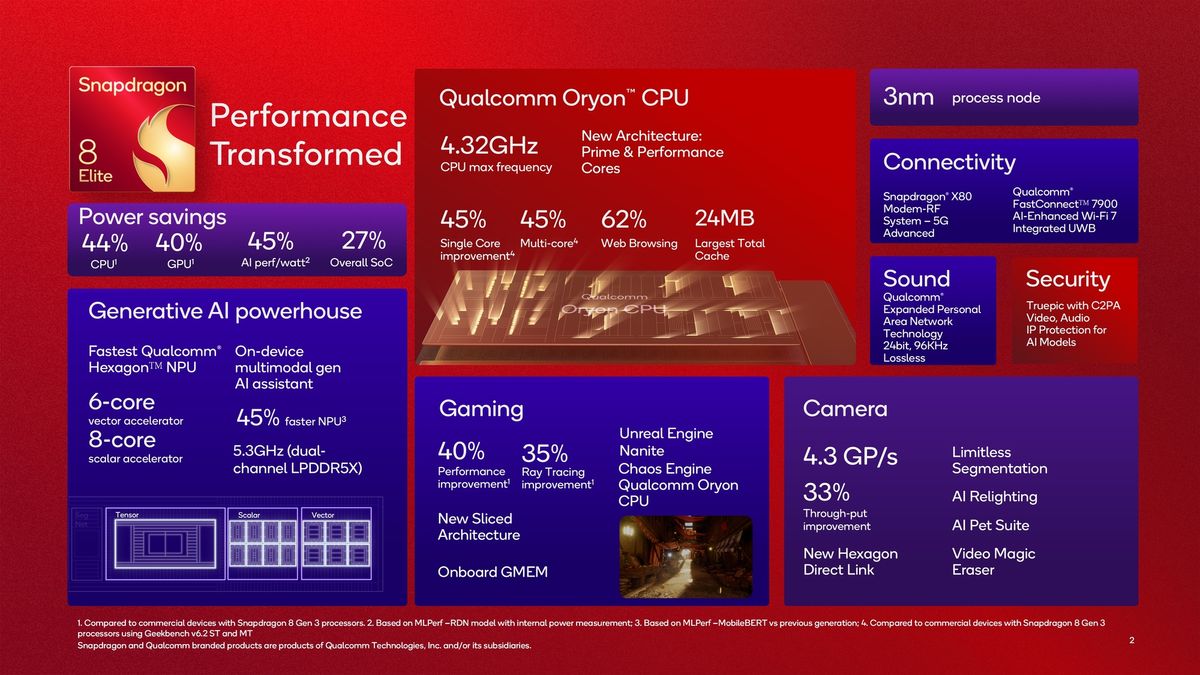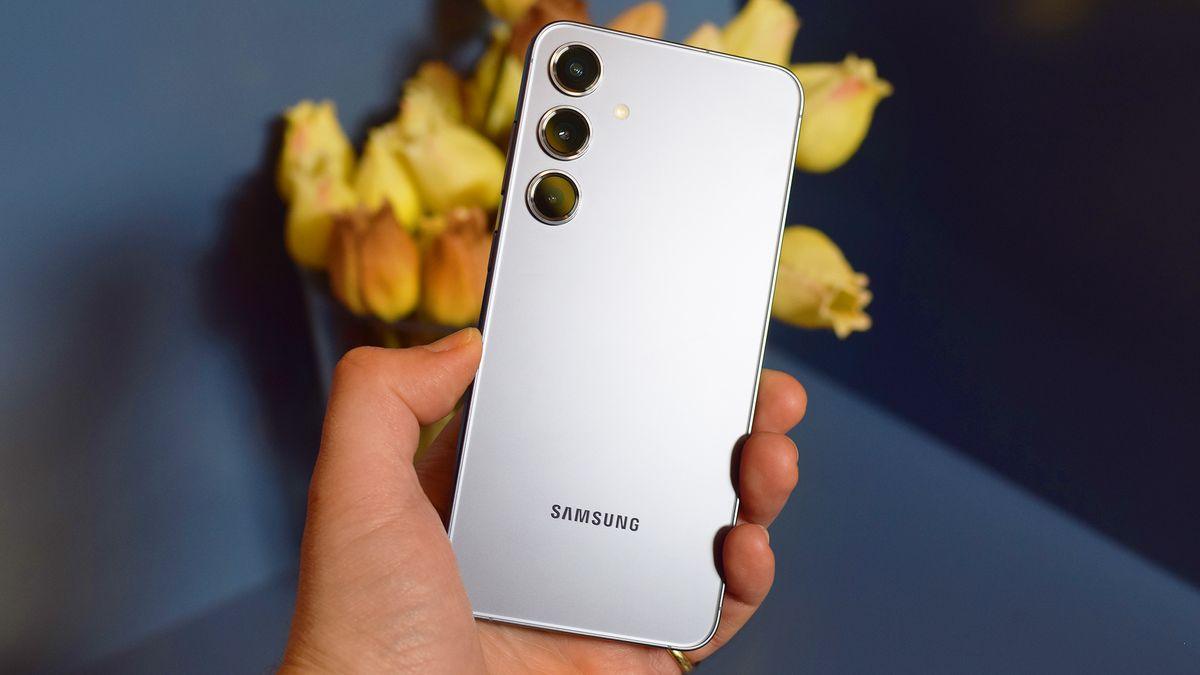The next generation of Samsung flagships is almost here – we expect official news of the Samsung Galaxy S25, S25 Plus and S25 Ultra by the end of the month – and I suspect this year’s most consequential Galaxy upgrade will have nothing to do with the appearance of the new phones.
It’s easy to get excited about cutting-edge technology every time a phone maker announces a new flagship model, but in reality, we’ve generally seen a slowdown in progress from year to year in this which concerns the main components and functions of modern smartphones – at least the ones you can see.
The Samsung Galaxy series, for its part, has occupied roughly the same form factor for half a decade; the Google Pixel series focused on stabilizing performance with each release; and the iPhone 16 is Apple’s first truly new handset in years.
We’re once again expecting to see a host of slightly improved specs for the S25 range in January, particularly on the base S25 model and its identically specced bigger brother, the S25 Plus; both will miss the high-end upgrades intended for the S25 Ultra. For the two “standard” models, the latest S25 spec predictions suggest a bit more RAM, a slightly larger screen, and perhaps improved storage options. Camera and battery sizes should remain the same. It’s barely Christmas, is it?
There is, however, one category where we expect a much bigger improvement this year, and it’s not one you can see – not without ripping your phone in half, anyway (which TechRadar advises against).
Each Galaxy S25 model is expected to launch with the Snapdragon 8 Elite chipset, the latest in Qualcomm’s line of cutting-edge mobile chipsets. Simply put, this could be a performance game-changer and instantly propel Samsung into pole position in the performance race with Apple. Let me explain why.
Elite by name, elite by nature
For those who don’t know, the Snapdragon 8 Elite follows the Snapdragon 8 Gen 3 – already one of the most powerful mobile chipsets ever produced – and improves (by Qualcomm’s own measurements) on the single-core and multi-core performance of this chipset by 45%. ; it also offers significantly improved energy efficiency.
When Philip Berne, TechRadar’s US mobile editor, did preliminary testing of the 8 Elite, he found that Qualcomm’s latest effort nearly doubled the scores the A18 Pro got in the iPhone 16Pro.
Keep in mind that at the expected price of $799 / £799 / AU$1,399, the base S25 will compete against the iPhone 16 and its less powerful A18 chipset, rather than the iPhone 16 Pro. If these benchmarks translate into real-world performance, the race between Apple and Samsung could end up looking like a foot chase of a Dodge Charger (according to our review of the Google Pixel 9 Pro, Google’s Tensor chipsets aren’t quite there yet). done in conversation).
What does this mean for the average user? Essentially, an even faster Galaxy handset – faster loading times, smoother app switching, and expanded AI capabilities. “Benchmarks aren’t everything,” Qualcomm told us at the Snapdragon Summit last year, and while, as mentioned, the 8 Elite’s benchmark scores are very impressive indeed, Qualcomm is also keen to shout about the tangible benefits and real of its latest chipset.

With rumors of a massive AI push from Samsung this year, we could see the S25 line enter our list of the best AI phones thanks to this increased hardware power, which should allow users to better utilize productivity and functionality. Samsung’s generative AI. Additionally, the S25 and S25 Plus are expected to launch with 12GB of RAM, 4GB more than the previous generation, giving these new phones even more headroom for AI and multitasking.
We don’t even have to wait for the S25 series launch to see the Snapdragon 8 Elite in action: the first phones available globally to sport the new chipset have landed in December 2024 in the form of the Asus Rog Phone 9 and Rog Phone 9. Professional gaming phones. In our review of the Asus Rog Phone 9 Pro, it scored 5/5 in terms of performance thanks to its exceptional consistency, improved gaming and excellent graphics performance. It will be up to Samsung to optimize the needs of the everyday user with the S25 series.
Samsung has never been a slouch when it comes to performance – in our review of the Galaxy S24, we found that the company’s most recent base flagship was hot on the heels of the S24 Ultra in terms of power – but the gains brought by the Snapdragon 8 Elite could prove to be truly superlative and could even give S24 users a compelling reason to upgrade this year.
All that being said, most of the above is still based on rumors at the moment, so be sure to follow our Samsung phone coverage for the latest official information we hear from Samsung.




